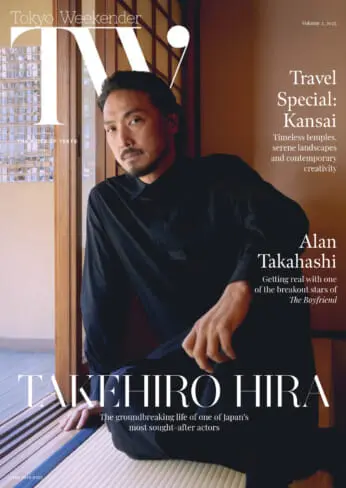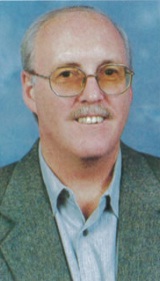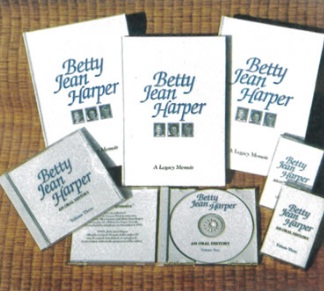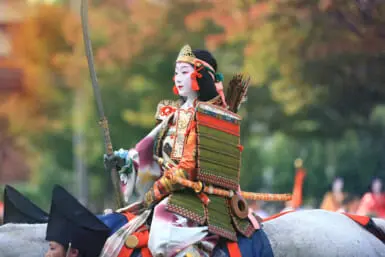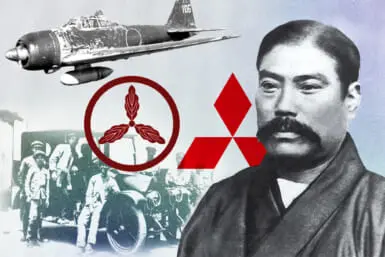As I sit and write this introduction to Tom Ainlay’s company Legacy Memoirs, my daughter Tiana naps, having been lulled to sleep by “Fantasia.” Beethoven’s Sixth has worked like a charm and the final notes still play. I gaze upon her and think how tragic it is that this important person in my Life will not ever be able to meet the most profound influence of my life. Grandma Trentman. “Gram” as I knew her.
I can’t wait to tell Tiana stories about Grandma and retell the stories she told me. About life in Cincinnati, how she and Grandpa sold beer during prohibition, (they even had a machine to cap their beer bottles) or how they would milk the cow twice on Sunday when they wanted ice cream during the great depression. How Grandpa fought for better working conditions as a union leader and how he respected and helped black men and didn’t seem to care or notice it wasn’t fashionable.
I will tell her about Grandma’s nervous breakdown when the nurse took her aside and said that her children would be taken away if she didn’t get better. “You get better when they tell you that,” she assured me. Her outlook on life became the most loving and positive you could find. She always was in action: cooking, sewing, cleaning, knitting, listening, hugging and loving.
Grandma had seen it all; it seemed like she could do anything and she gave everybody the feeling that life was good and something to be enjoyed. To be around her was to be happy—so strong her effect.
These memories become more important every day and sharing life stories of people in our past with family and friends is one of man’s truly noble pastimes. Legacy Memoirs is a company which fosters this story telling and makes it permanent.
Legacy Memoirs makes books. Not just any book; an oral history complete with pictures of someone important to your family. If Gram were still mith us, I would have Legacy Memoirs create a book.
The process is quite straightforward. A specially trained interviewer visits the subject of the book and records on tape the questions and answers of the session. According to Ainlay, this is best done in one day, although the time can be split. The longest interview required 12 hours while the shortest took only three hours. The interviewer is trained specifically to capture family oral histories.
After the interview, the tape is edited and copied to a CD. It is divided among selection of transcribers. This hastens the transcription process. The collated file then goes to an editor who is picked based on the personality and background of the interviewee.
The editor puts the story together and gives it back to the interviewee for proofing. Once approved, the book is designed. The length of the book averages about 120 pages and usually about 24 copies are printed, but you can request any number of copies you desire—even one, if you want. The whole process takes about 99 days from start to finish and results in a treasure that will be passed on for generations.
As you can see from the photo, the books, tapes and CDs (you get copies of each) are professionally designed and look great. Having such a book, preserving the memories of loved ones, is quite an exciting feeling. It has an instinctively good quality about it. Memories fade, but books last.
One of the coolest services at Legacy Memoirs is their availability. You can commission a book from Japan and have the interview take place here, in New York, England, India or even Down Under. Naturally, they offer the service in Japanese, too.
The people at Legacy Memoirs, as members of the Association of Personal Historians, are truly excited about their service. They feel very strongly about its positive aspects and importance to the family. You can reach Legacy Memoirs at 5355-2155.
